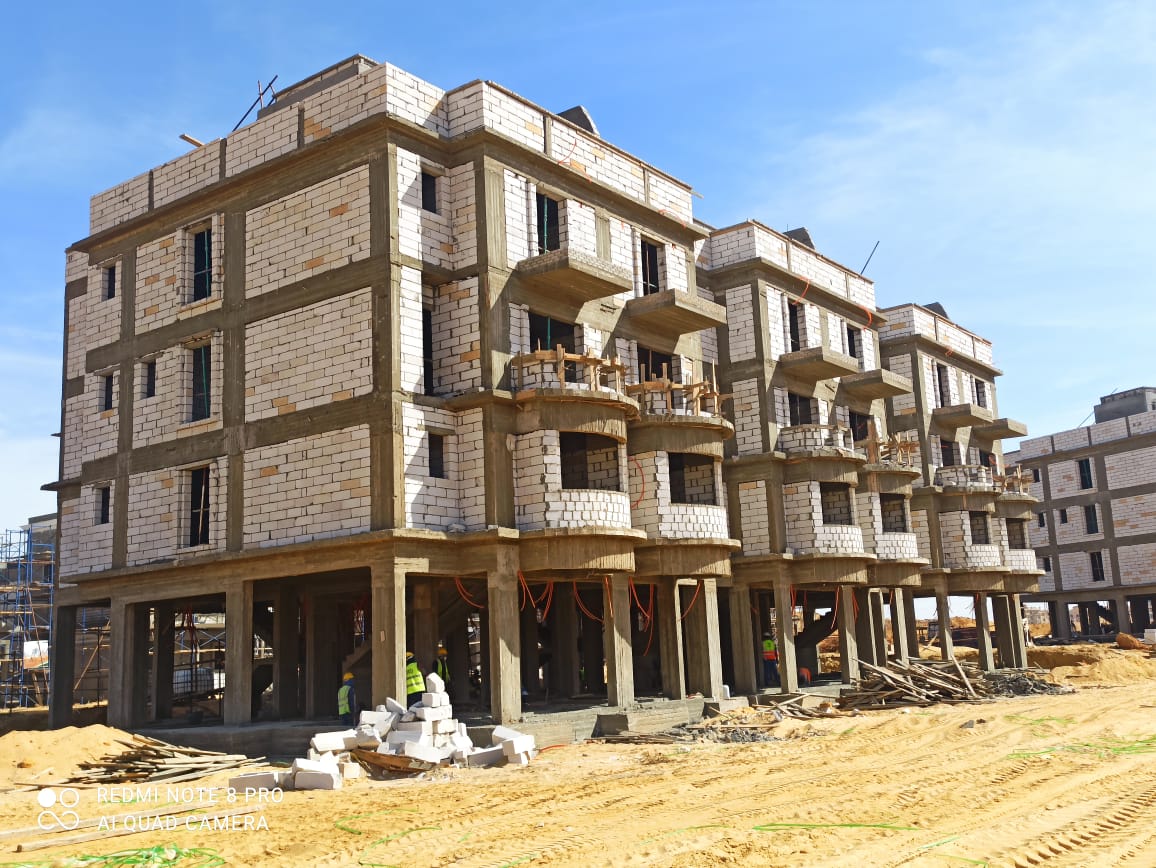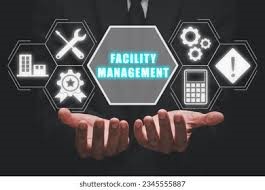How Building Material Choices Can Make or Break Property Maintenance


In the real estate industry, the choice of building materials is an important factor that can either simplify or complicate property management. Property owners and investors often focus on aesthetics and cost, but the long-term implications of material choices on property maintenance and overall property value are equally important. This is where the connection between building materials and facility management comes into play.
Facility managers are tasked with ensuring that properties remain functional, safe, and appealing over time. However, one thing that’s never really been talked about much is that, their effectiveness is heavily influenced by the materials used during construction.
In this article, we’ll discuss how selecting the right building materials can impact the ease of property management, reduce maintenance costs, and ultimately enhance property value.
1. Durability and Maintenance Needs
One of the most significant factors in facility management is the durability of building materials. High-quality, durable materials like Aluco Bond for exterior cladding or premium roofing systems require less frequent repairs and replacements. On the other hand, cheap or substandard materials may save costs initially, but they often result in frequent breakdowns, leading to higher maintenance expenses over time.
For example, properties clad with Aluco Bond panels are not only visually appealing but also resistant to harsh weather conditions, corrosion, and fading as we discussed in one of our recent articles. This reduces the need for constant repainting or repairs, making it easier for facility managers to maintain the property. Similarly, using high-quality tiles, flooring, and plumbing materials minimizes wear and tear, ensuring that the property remains in top condition for longer.
2. Impact on Operational Efficiency
Facility management is not just about responding to issues but also about optimizing operations for cost-effectiveness. The choice of building materials directly affects this efficiency. Materials that are easy to clean, maintain, and repair contribute to smoother operations and lower operational costs.
For instance, in high-traffic commercial buildings, choosing durable and low-maintenance flooring materials like granite or polished concrete can significantly reduce cleaning costs and downtime. Facility managers can focus on preventive maintenance rather than constant repairs, which frees up resources and time for other essential management tasks.
3. Energy Efficiency and Long-Term Savings
In Nigeria, where energy costs are high and power supply can be unreliable, energy-efficient building materials are important. Insulation materials, energy-efficient windows, and reflective roofing systems can make a huge difference in managing energy consumption. Properties designed with these materials benefit from reduced heating and cooling costs, which not only lowers operating expenses but also makes the property more attractive to tenants.
A facility manager overseeing a building with energy-efficient features will have an easier time managing utility expenses and ensuring tenant satisfaction. Additionally, eco-friendly properties tend to have higher market value, especially as more businesses and residents become conscious of sustainability.

4. Aesthetic Appeal and Property Value
The appearance of a property plays a big role in attracting high-quality tenants and maintaining market value. Materials like Aluco Bond cladding, which offer both durability and modern aesthetics, enhance the overall look of a building. Properties that stand out visually are more likely to attract premium tenants, whether they are commercial businesses or residential clients.
However, aesthetics should be balanced with maintenance requirements. For example, certain types of wooden cladding or decorative elements may look appealing but can be challenging to maintain in Nigeria’s climate. Facility managers prefer materials that strike this balance—those that are not only visually appealing but also easy to clean and maintain.
5. The Role of Facility Managers in Material Selection
Facility managers are often involved in the design and material selection process, especially when renovations or upgrades are planned. Their experience and expertise help in choosing materials that will be cost-effective in the long run. For instance, a facility manager might advise against using materials that are prone to damage from Abuja’s heavy rainfall or high temperatures, even if they are initially more affordable.
By selecting materials that are easy to maintain, resistant to environmental factors, and durable, property owners can reduce future costs and headaches. This proactive approach ensures that the property remains in good condition, retains its value, and remains competitive in the market.
The connection between building materials and facility management is undeniable. The materials chosen during the construction or renovation phase have a lasting impact on how easy or difficult it is to manage a property. Durable, energy-efficient, and low-maintenance materials allow facility managers to focus on optimizing operations rather than constantly addressing maintenance issues.
For property owners and real estate investors in Nigeria, particularly in key markets like Abuja, understanding this relationship is key to maximizing property value. By investing in high-quality materials from the start, you do not only reduce long-term maintenance costs but also enhance the appeal and profitability of your property.




